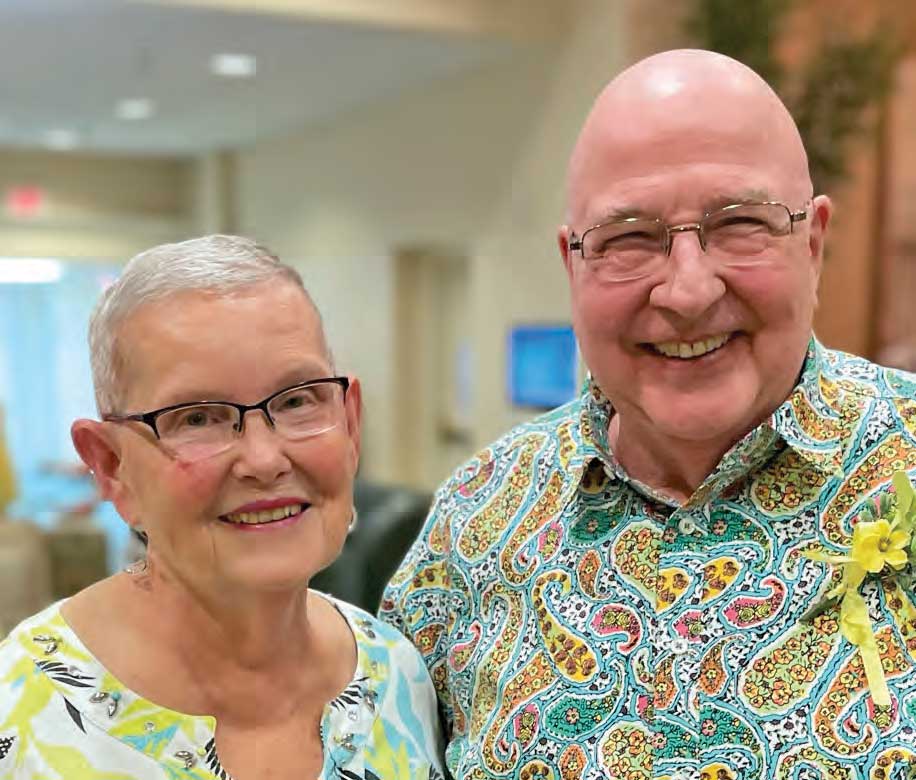
LIVING THE ULTIMATE LIFE
In small town America, many people have been nurtured and supported in their formative years by the advantages which are unique to small town living. Both Suzanne and Michael Hufnagel are products of such an environment. Although their lives encountered hardships, cumulatively, their lives could be described as the “ultimate life.” There were supportive families, opportunities for education and advancement through employment, three children and six grandchildren to love, and a retirement to envy. In 2011, the Hufnagels sold everything, bought an RV, and spent the next eight+ years traveling the Unites States and Canada.
Suzanne (nee Stevens) and Michael Hufnagel were born in, or near, Tell City, Indiana. This small town had a rich heritage and was ideal for childhood. Life was good. No one locked their doors, bicycles were ridden from dawn to dusk, and sleep-over with friends was the norm. However, both Suzanne and Michael suffered losses during their childhood. Suzanne’s parents divorced when she was nine, and Michael’s father died when Michael was four years old. As a result, both lives were altered. Suzanne’s mother began working outside the home, and Michael’s family moved to his grandfather’s farm. However, according to Michael, “I loved living on the farm. There are many adventures I had in those early years that I wouldn’t trade for anything. That’s when I developed my love for the outdoors.”
Suzanne attended St. Paul’s Catholic school through eighth grade and was active in the band, playing cornet and French horn. Michael attended a different school. They met at the city swimming pool the summer following their freshman year of high school. They soon began dating “off and on.” Suzanne participated in musical and drama ventures while Michael developed the “Hoosier Hysteria” by involvement in sports. In his younger years, Michael also enjoyed scouting and eventually became a Boy Scout Leader.
Following graduation in 1962, Suzanne moved to Indianapolis to work in the Bureau of Motor Vehicles and then as a receptionist in a prominent law firm. Michael entered Purdue University. The romance blossomed, and in 1964, Suzanne and Michael were married. One interesting bit of information shared by the Hufnagels was that both their mothers remarried around the same time.
The Vietnam War caused disruptions in many lives. Michael was drafted into the Army in 1966. He relates this about that experience: “I was in the Army from 1966 until 1968. I was trained as a Drill Instructor and discharged with the rank of Sergeant (E5). My Army years have many stories that had God’s hand in them. The main one is that I remained stateside while most of my trainees had to go ‘across the pond,’ and many didn’t return.”
After his discharge from the Army, Michael returned to Purdue earning a BS and an MS in Industrial Engineering. His employment resulted in family moves from Indianapolis to Cincinnati, Memphis, and Little Rock. Starting out in the engineering field, Michael moved to Marketing and then Information Technology. His last positions were as CIO of transportation companies.
Suzanne worked until their first child was born in 1970. She became a homemaker and the family increased to three, two boys and one girl. According to Suzanne, “Sewing and making things has been a big part of my life. I made my children’s clothes and my own for many years.” She began piecing the beautiful quilts we see displayed on our Art Wall in 2016. So far, she has made a total of 12 quilts. “I enjoy making things that are not only beautiful but useful,” says Suzanne. In 1975, Suzanne became a believer in Jesus Christ and has been involved in study and teaching Bible classes. She and Michael are members of Harvest Church and participate as Greeters.
Because of his love of the outdoors, Michael has always sought activities which allowed him to be “with nature.” He says that he has done a lot of backpacking and water skiing. When his children came along, they also enjoyed the outdoors. According to Michael, “We enjoyed tent camping, boating on a pontoon, and jet skiing on Pickwick Lake.” Michael says he has always enjoyed wood working and refinishing furniture.
When RV living came to an end, the Hufnagels did not want the hassle of another house and began looking at retirement facilities. After considering several, they chose Kirby Pines for a number of reasons. Primarily, Memphis seemed like home base, and their daughter lives here. Also, important to them was the Lifecare benefits and the community that Kirby offers.
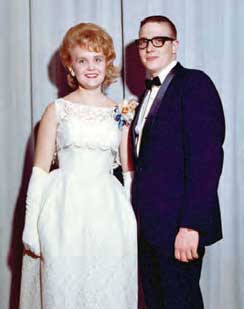
The Hufnagels
Living at Kirby is living the ultimate life. According to both Suzanne and Michael, “We enjoy living in our two bedroom apartment which requires little maintenance and no yard work. We SO enjoy the beautiful grounds here and are thankful for those who keep our grounds beautiful.”
Suzanne and Michael Hufnagel have certainly been a wonderful addition to our community. Both remain very active. Suzanne leads a Bible study and pleases us with her artistry. Michael has served on the Resident’s Association Board and has been an extraordinary helper to many of us who have various technology problems.
The Hufnagels’ thoughts on moving: “So many residents experience the agony of downsizing when they move in. We had the experience of up-sizing in moving from a 400+ square foot motor home to a 900+ square foot apartment. We were able to buy all NEW furnishings. What fun!”
Written by Joan Dodson, Resident, Kirby Pines.

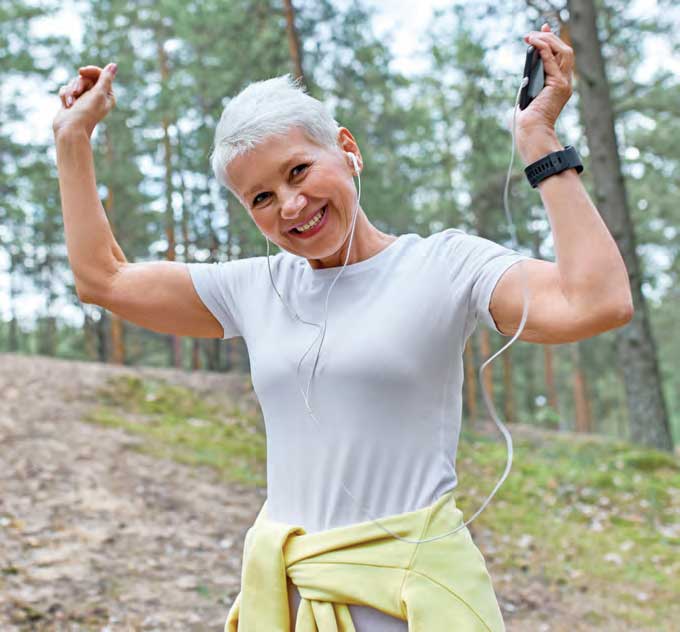

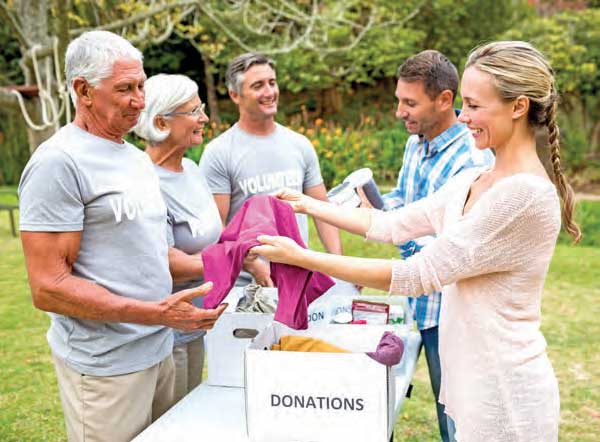
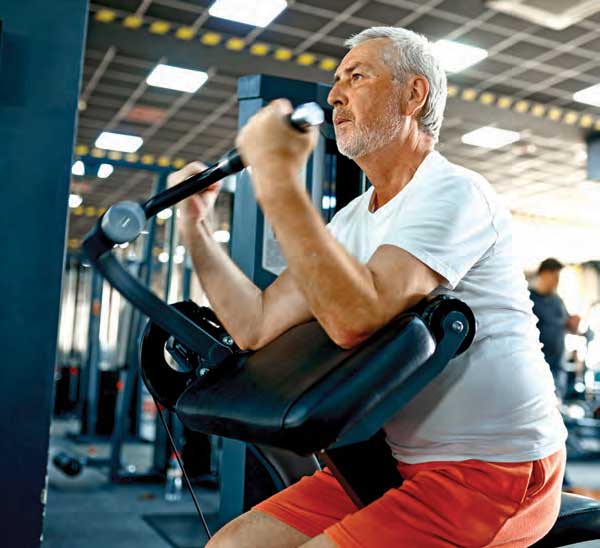
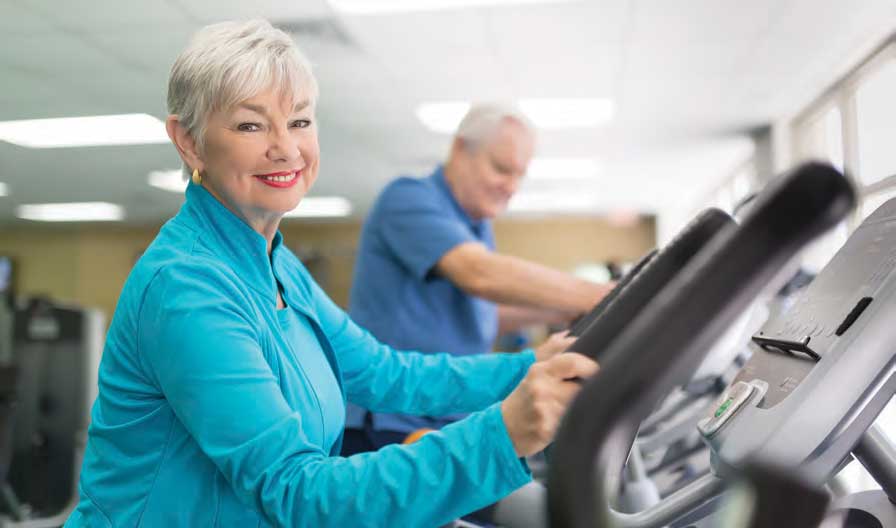
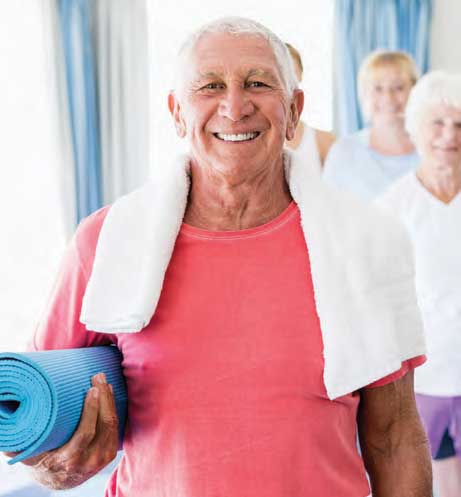
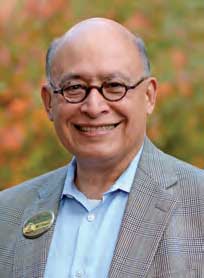

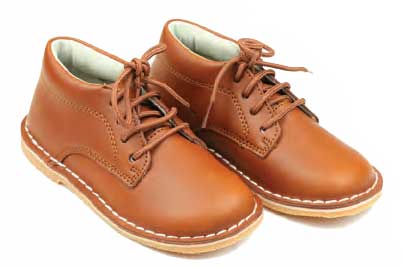

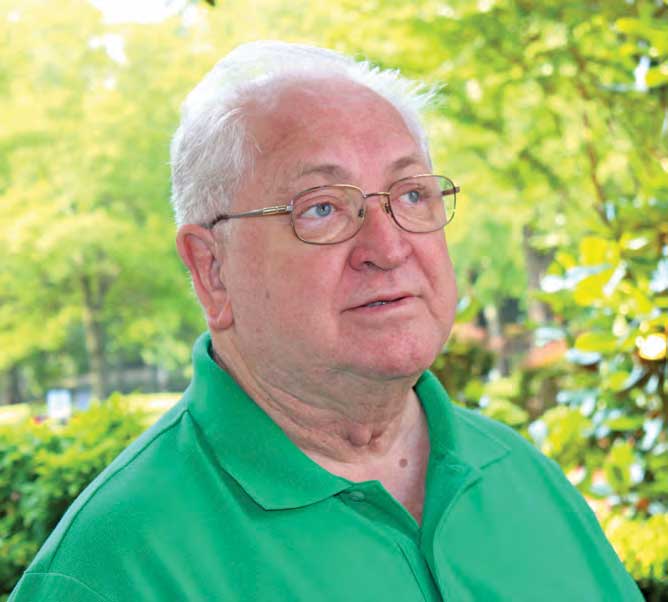
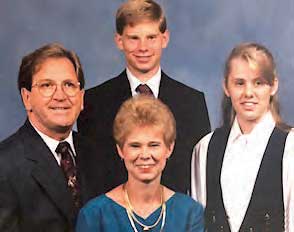
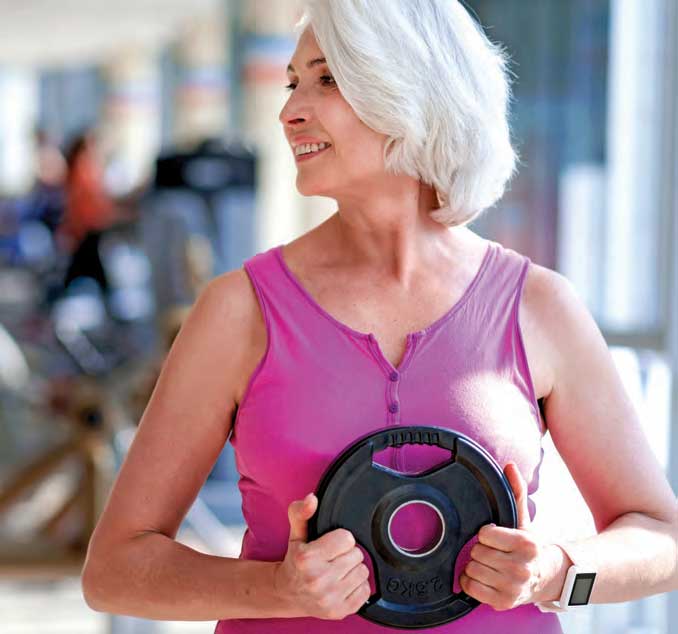
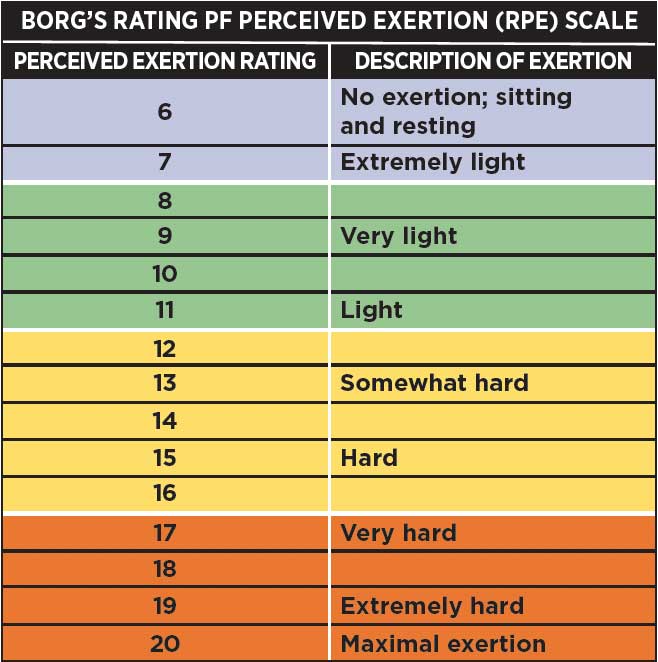

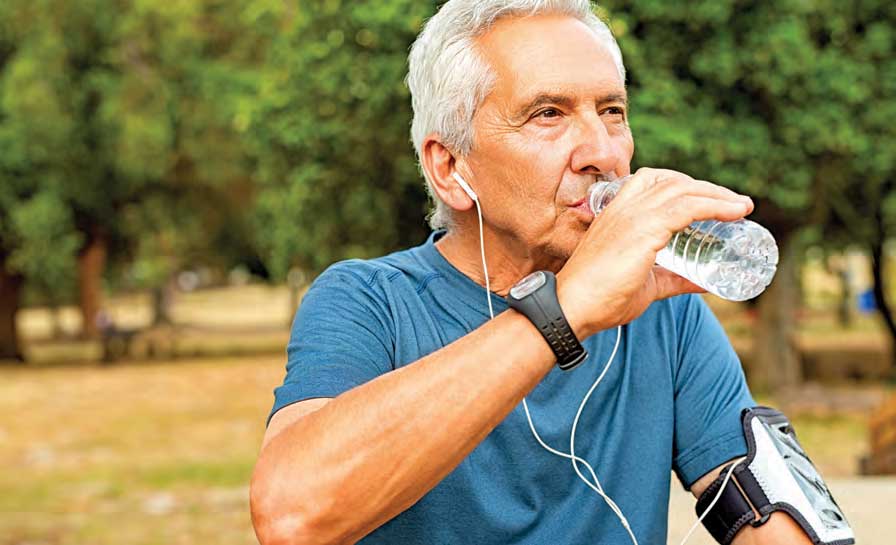
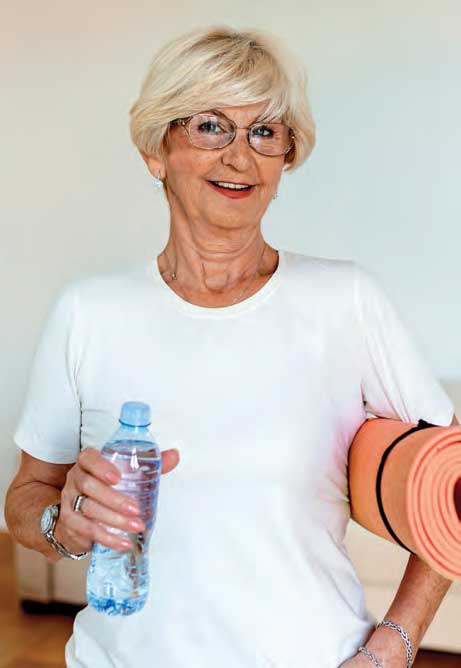



 © 2025 Kirby Pines LifeCare Community. All Rights Reserved |
© 2025 Kirby Pines LifeCare Community. All Rights Reserved | 